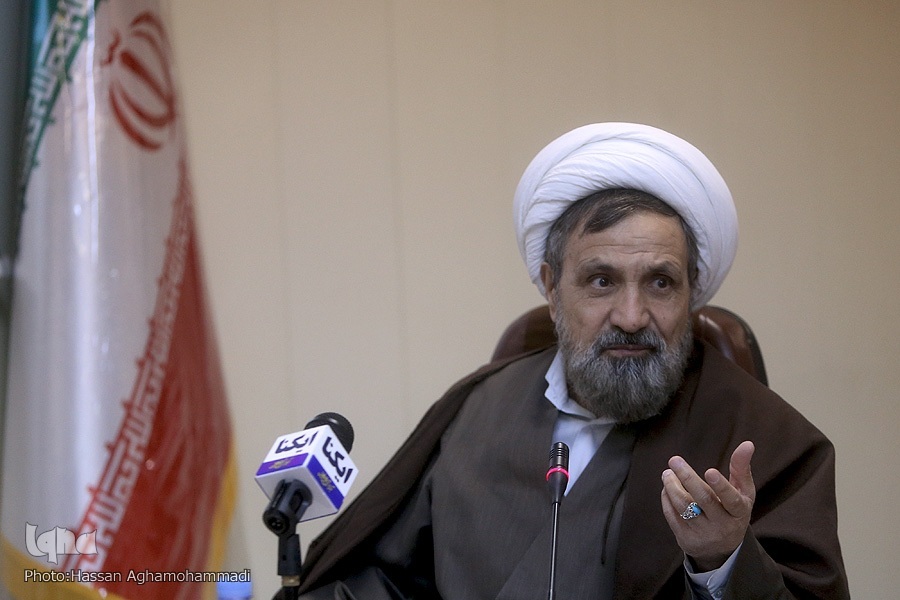Cleric Urges Focus on Applying Quran, Not Just Reading It

Speaking to IQNA, Hojat-ol-Islam Mohammad Sadeq Yousefi, Head of Research Center for Quranic Science and Culture, highlighted what he described as a key shortcoming in contemporary Islamic societies—the lack of practical adherence to religious teachings, particularly the Quran and the traditions of Prophet Muhammad (PBUH) and his household.
“The main issue in our society, and in other Islamic societies, is the absence of practical commitment to religious teachings,” Yousefi said. “We must ask whether there is truly a lived commitment to Islamic, Quranic, and Hadith-based values.”
“Quranic knowledge is not meant to remain purely theoretical. It is intended to guide human behavior and shape how we live,” he said.
He pointed to the need for implementing the Quran’s social guidelines in public life and building a lifestyle that reflects Islamic and Quranic principles. “The real problem lies in applying these values, not merely discussing them,” he added.
Read More:
While acknowledging a rise in Quran reciters and regular Quranic gatherings in mosques, Yousefi pointed to what he sees as a deeper issue: “It’s not that Quranic recitation is being neglected; rather, it is the implementation of the Quran’s concepts and values that is missing. That is the true form of neglect.”
He also noted that practical commitment to the sayings of the Prophet (PBUH) and the teachings of the Ahl al-Bayt (AS) remains limited in many Muslim communities. “Their words are not being applied as they should be. What remains neglected is not the scripture itself, but acting upon it,” he said.
Read More:
Yousefi further explained the foundations of religious knowledge, describing the Quran as the primary source.
“To understand Islam and the Quran, we must begin with the Quran itself,” he said.
He added that traditions of the Prophet (PBUH) and his family, as well as reason, are also essential sources. “Intellect plays a key role in understanding religious principles, as reason and Islamic law are closely linked.”
4275024



